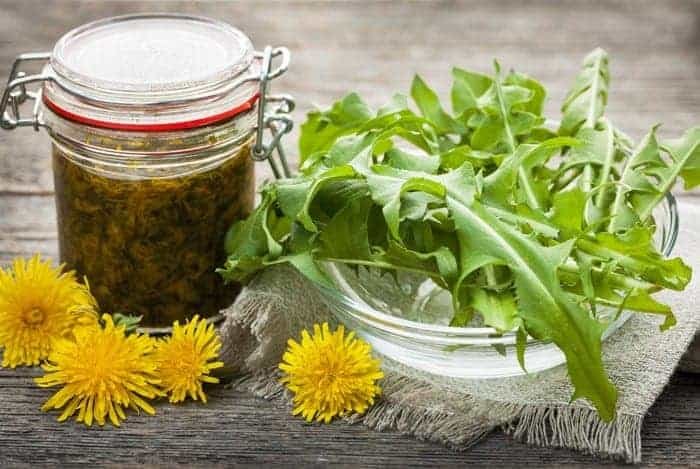Wellness Hacks for Beating Holiday Bloating
 The holidays are a time when family and friends come together, which is why we love the holiday season so much! With family gatherings and holiday parties, however, comes plate after plate of delicious foods filled with holiday cheer and the temptation to over-indulge skyrockets. Experts say the average American gains 5 to 10 pounds during the holiday season and the shock to your system from the frenzy of holiday meals, desserts, and cocktails comes with a price.
The holidays are a time when family and friends come together, which is why we love the holiday season so much! With family gatherings and holiday parties, however, comes plate after plate of delicious foods filled with holiday cheer and the temptation to over-indulge skyrockets. Experts say the average American gains 5 to 10 pounds during the holiday season and the shock to your system from the frenzy of holiday meals, desserts, and cocktails comes with a price.
All this over-eating can lead to digestive issues including sluggishness, distended belly, cramps, nausea, and other stomach discomforts, as well as stomach rumbles and other not-so-cheerful issues including diarrhea and constipation.
Here are a few tips to help you beat holiday bloating.
Don’t forget to hydrate. Natural diuretics, in solid or liquid form, can help flush bloating after meals. Some great options include coconut water, green tea and vegetables with high water contents like asparagus and cucumber.
Say no to soda. One of the worst culprits of bloating, soda creates an acidic metabolic state in your body and it’s loaded with chemicals that have been shown to cause weight problems.
Keeping it real. You’re probably avoiding sugar after all the slices of pumpkin pie you inhaled today, but the artificial sweeteners found in diet sodas contain sugar alcohols that are difficult for the stomach to break down, leading to excess air and bloating as well as also causing weight problems.
Pass on salt. Sodium—found in many holiday dishes – is one of the biggest bloating culprits because it makes your body retain water. Eat fresh ingredients, and try seasoning meals with fresh herbs instead.
Savor each bite. Slow down and savor your meal by chewing more. Also, try to avoid mixing too many sugary dishes with your meal and try to stop eating before you’re full.
Limit liquids during meals. Don’t drink a lot of water, or other liquids, during your meal as impede the digestive process by diluting gastric juices as well as the digestive enzymes your body needs for the effective digestion of proteins, carbohydrates, and fats.
Stay active. After a heavy meal, walking can help ease the bloat. Exercises that focus on your abdomen, like yoga, can also work your internal organs and help you digest your meal more easily. If you do need to rest, lying down on your left side can help ease digestive issues.
Try apple cider vinegar. A tablespoon or two of organic, unpasteurized apple cider vinegar in water is very helpful. You can take it before, during, or after a meal or snack.
Drink cranberry juice. Cranberry acts as a natural diuretic de-bloating agent by flushing excessive fluids out of your body.
Reach for fennel. Chewing fennel seeds after a meal has shown to be an effective method of promoting digestion.
Dandelion is also one of great home remedies for bloated stomach thanks to its natural diuretic and laxative.
Try peppermint. If you’re home, you can make peppermint tea or put a few drops of peppermint oil in water to drink. Many swear by peppermint tea for digestive issues of all sorts!
Aid digestion with ginger tea. Ginger tea typically works well for stomach troubles. You can make the tea by boiling thin sliced ginger root, enough to cover the bottom of your pan, and let it simmer for about a half-hour. Capsules are a convenient alternative if you’re out.
Experiment with supplements. Even if you aren’t intolerant, food sensitivities to things like gluten or lactose can lead to bloating. If you think that might be the case, experiment with supplements like Lactaid or Beano, and see if it makes a difference.





